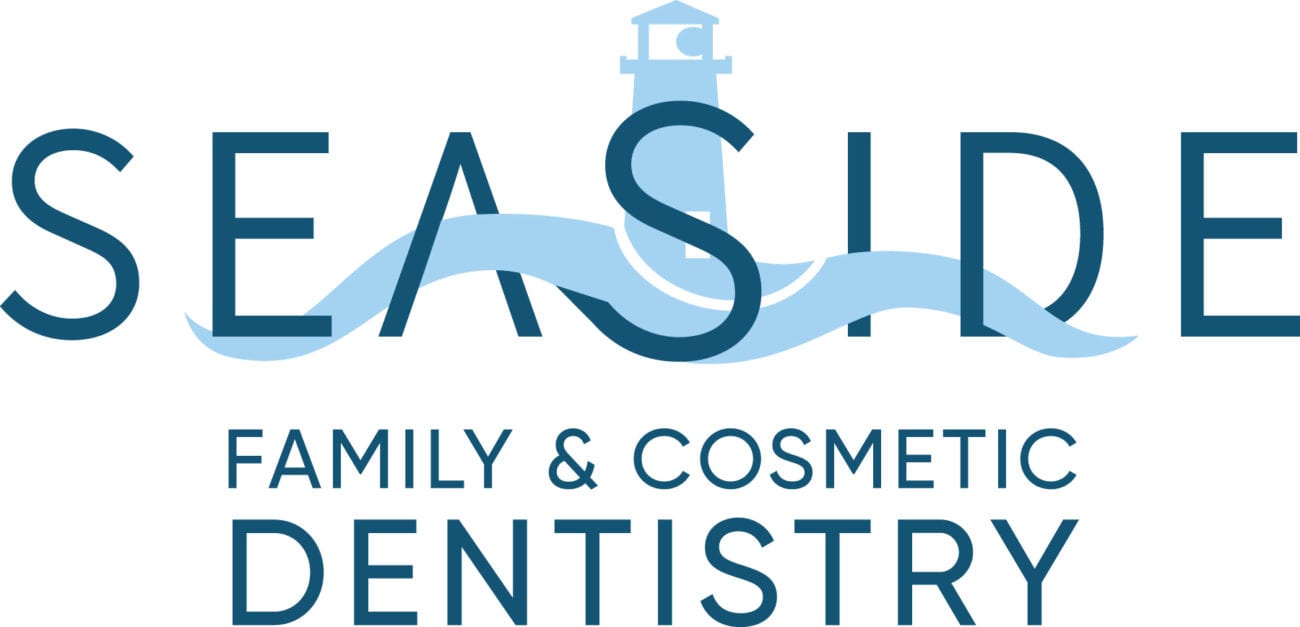Many people experience sensitive teeth at some point in their lives. This condition can cause significant discomfort and pain. Understanding the underlying causes can help in both prevention and treatment. Several factors contribute to tooth sensitivity, each with its own implications and solutions.


Enamel Erosion
Enamel is the hard, outer layer of the tooth that protects its inner layers. It acts as a shield against external stimuli like hot and cold temperatures. However, acidic foods and drinks can erode enamel over time. Common culprits include citrus fruits, sodas, and vinegar-based products.
When enamel erodes, it exposes the dentin layer underneath. Dentin contains tiny tubules that lead directly to the tooth’s nerve center. When exposed, these tubules allow stimuli such as heat, cold, or sweetness to reach the nerves. This results in the characteristic sharp pain associated with tooth sensitivity. Preventing enamel erosion involves reducing acidic food and drink intake. Regular dental check-ups can also help monitor enamel health.
Gum Recession
Gum recession occurs when the gum tissue surrounding the teeth pulls back. This process exposes the tooth’s root, which lacks the protective enamel layer. Several factors contribute to gum recession, including aggressive brushing and periodontal disease. Aggressive brushing wears down the gum tissue, while periodontal disease causes inflammation and recession. Genetics can also play a role in gum health.
When the roots become exposed, they are more susceptible to temperature changes, leading to sensitivity. Proper brushing techniques and using a soft-bristled toothbrush can help prevent recession. Regular dental visits can identify early signs of gum disease, allowing for timely intervention.
Tooth Decay
Tooth decay is a common dental issue that can lead to sensitivity. Bacteria in the mouth produce acids that break down the tooth’s enamel. Over time, this process creates cavities or holes in the enamel. Once a cavity forms, it exposes the dentin layer, leading to sensitivity.
Early detection of tooth decay is crucial for effective treatment. Regular dental check-ups and cleanings can help in identifying cavities early. Dentists can fill cavities to restore the tooth’s integrity and alleviate sensitivity. Good oral hygiene practices, including brushing and flossing, are essential in preventing decay.
Chipped Teeth
Chips in teeth can lead to increased sensitivity. These openings allow external stimuli to reach the dentin and nerves. Various factors can cause teeth to chip. Chewing hard foods, such as ice or hard candies, poses a risk. Accidents or trauma to the face can also result in damage. In some cases, existing dental work may weaken the tooth structure, increasing the risk of damage. Prompt treatment could prevent further complications and reduce sensitivity.
Teeth Grinding
Teeth grinding, also known as bruxism, is a habit that wears down enamel. Many people grind their teeth unconsciously, often during sleep. The constant pressure and friction from grinding can erode enamel, exposing the dentin. This exposure leads to increased sensitivity.
Stress and anxiety are common triggers for bruxism. Identifying and managing these triggers could help reduce grinding. Dentists often recommend mouthguards to protect teeth from further damage. These devices provide a barrier between the teeth, reducing wear and tear. Regular dental visits can help monitor the effects of grinding and provide additional solutions.
Dental Procedures
Certain dental procedures may cause temporary sensitivity. Teeth whitening, fillings, or professional cleanings can lead to discomfort. Whitening treatments often use bleaching agents that can irritate the teeth. Fillings may expose the dentin during the procedure, leading to sensitivity. Cleanings could remove protective plaque layers, temporarily exposing the teeth. This sensitivity usually subsides within a few days. Dentists often recommend desensitizing toothpaste to alleviate discomfort. If sensitivity persists, further evaluation may be necessary to rule out other issues.
Improper Oral Hygiene
Poor oral hygiene practices can lead to plaque buildup on teeth. Plaque contains bacteria that produce acids, eroding enamel and irritating gums. This process increases the risk of both decay and gum disease, leading to sensitivity.
Maintaining proper oral hygiene is essential in preventing sensitivity. Brushing twice daily with fluoride toothpaste helps remove plaque and strengthen enamel. Flossing daily removes plaque from between teeth and along the gumline. Regular dental check-ups and cleanings help maintain oral health and prevent sensitivity.
At Seaside Family & Cosmetic Dentistry, our experienced team provides comprehensive care for sensitive teeth and other dental concerns. Schedule your appointment today to ensure optimal oral health and comfort.
